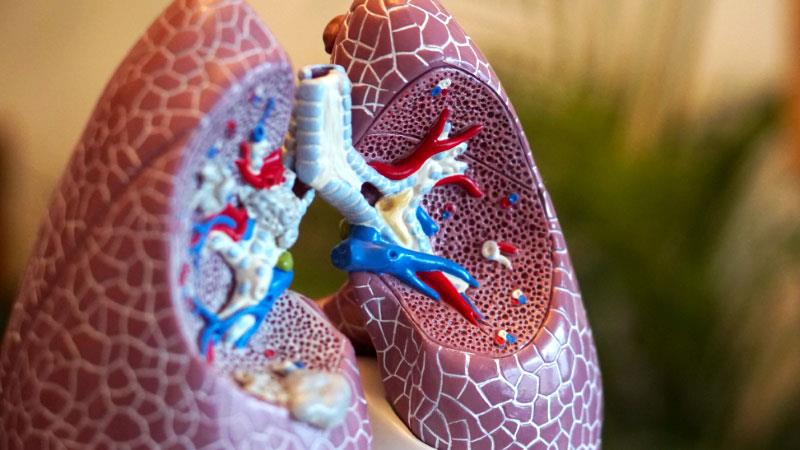Global COVID-19 vaccine breakthrough
Published on 23/11/2020
A COVID-19 vaccine developed by the University of Oxford and AstaZeneca is up to 90% effective, interim results show.
Data from its phase three trial has shown their vaccine is effective at preventing COVID-19 and offers a high level of protection.
The results also gave an early indication that the vaccine could reduce virus transmission, based on an observed reduction in asymptomatic infections.
In the West Midlands, where recruitment was led by University Hospitals Birmingham NHS Foundation Trust, almost 800 people took part in the study, supported by a team of more than 100 nurses and doctors.
Joanne Plumb, Deputy Director of Research, Development and Innovation at UHB, added: “This is a fantastic effort by research teams at UHB.
“This is great news for Birmingham patients, UHB staff and the wider UK population, and is an early Christmas present for us all.
“The results of this world leading research trial will have such a significant impact on everyone’s lives, and I feel so proud that UHB has played such an important part in finding an effective vaccine to combat this pandemic.”
Interim Phase 3 analysis of the Oxford Vaccine Trial indicated the vaccine is 70.4% effective when data is combined from two dosing regimens. Vaccine efficacy was 90% in one regimen and 62% in the other, with the higher efficacy regime using a halved first dose and standard second dose.
Professor Andrew Pollard, Director of the Oxford Vaccine Group and Chief Investigator of the Oxford Vaccine Trial, said: ‘These findings show that we have an effective vaccine that will save many lives.
“Excitingly, we’ve found that one of our dosing regimens may be around 90 % effective and if this dosing regime is used, more people could be vaccinated with planned vaccine supply.
There were no hospitalised or severe cases in anyone who received the vaccine.
More than 24,000 volunteers have taken part in clinical trials based in the UK, Brazil and South Africa, with trials ongoing since April.
The Oxford vaccine (ChAdOx1 nCoV-19) is made from a weakened version of a common cold virus (adenovirus).
Adenovirus vaccines have been researched and used extensively for decades and are known to be safe and easy to store, transport and move. This means they can be easily distributed once the vaccine has been approved to be given to priority groups.
Dr Chris Green, UHB Consultant in Infectious Diseases and the trial’s Principal Investigator in the West Midlands, said: “These results are welcome news and we look forward to publishing the full data soon.
“This work is not possible without the help of many members of the public who are willing to undergo clinical trials with us, and the results announced today is every bit their success as it ours.
“In the coming months we hope to translate the findings from these vaccine studies into protection for the public, and reduce the risk of the disease that will allow us to resume a more normal life.
“We are still conducting this trial and recruiting to test other vaccines so that we can have a range of vaccines to use in the future, and to answer other important questions such as how long protection lasts.”
Professor Sarah Gilbert, Professor of Vaccinology at the University of Oxford, said: ‘The announcement today takes us another step closer to the time when we can use vaccines to bring an end to the devastation caused by SARS-CoV-2.
“We will continue to work to provide the detailed information to regulators. It has been a privilege to be part of this multi-national effort which will reap benefits for the whole world.’
Other vaccines have also gone through Phase 3 trials with strong results, suggesting multiple safe and effective vaccines will soon be available across the UK and worldwide.
More information is available on the Oxford Vaccine Group website.


